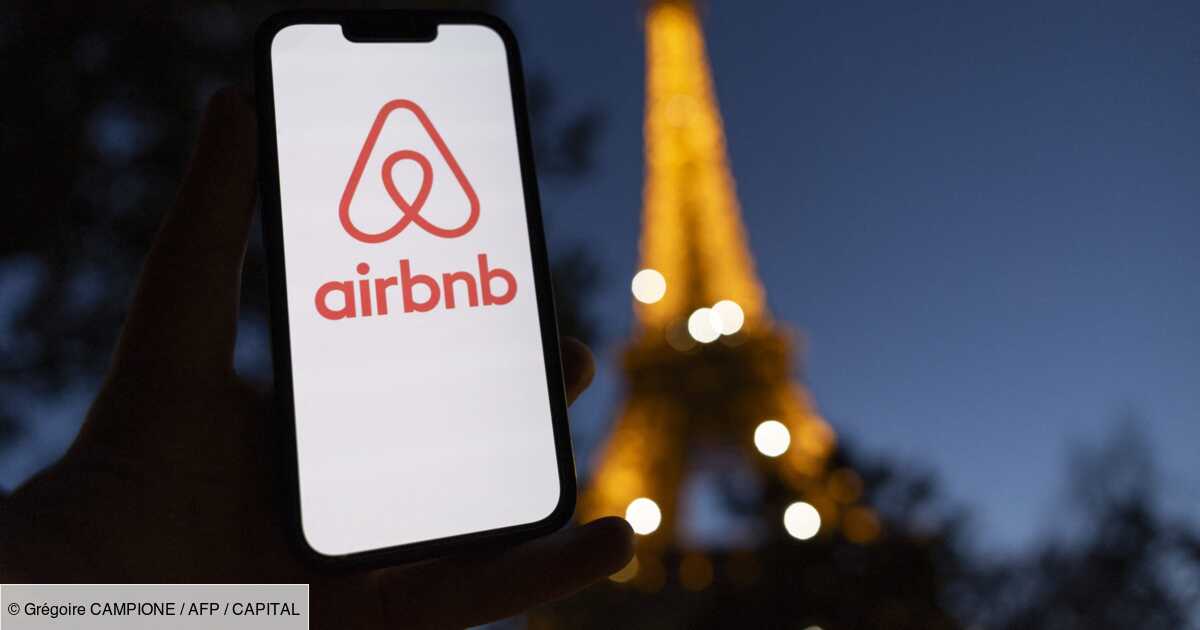
Apple Under Fire: Employee Lawsuit Alleges Invasive Surveillance Practices
Apple, the tech giant revered for its groundbreaking innovations and staunch advocacy for consumer privacy, now finds itself in the crosshairs of a legal storm. Amar Bhakta, a digital advertising employee, has filed a lawsuit against the company, accusing it of imposing invasive surveillance measures on employees. Filed in California, the lawsuit alleges that Apple’s workplace policies grant the company unprecedented access to employees’ personal devices and cloud accounts, blurring the lines between professional oversight and personal privacy.
This case is not just about Apple—it is poised to ignite broader debates around employee rights, workplace surveillance, and corporate accountability in an increasingly digital world.
Allegations in the Spotlight
At the heart of the lawsuit are claims that Apple requires employees to install monitoring software on their personal devices if they wish to use them for work purposes. This software reportedly allows the company to access emails, photos, health data, and other private information stored on these devices or linked iCloud accounts. Bhakta asserts that these measures enable Apple to monitor employees even when they are off the clock, raising significant concerns about privacy and autonomy.
The suit also highlights Apple’s confidentiality policies, which purportedly prevent employees from discussing workplace issues publicly, whether on social media, podcasts, or professional networks like LinkedIn. Bhakta alleges that these restrictions stifle free speech, whistleblowing, and open discussions about workplace conditions—rights that employees are legally entitled to in many jurisdictions.
“Apple’s surveillance policies and practices chill, and thus also unlawful restraint, employee whistleblowing, competition, freedom of employee movement in the job market, and freedom of speech,” Bhakta’s lawsuit states. He also claims these policies have hindered his career advancement and created an oppressive work environment.
Broader Implications for Workplace Surveillance
Bhakta’s case shines a spotlight on a growing trend in corporate America: the rise of “bossware.” As more companies adopt bring-your-own-device (BYOD) policies, the use of monitoring tools to track employee activities has surged. While these tools are often justified as necessary for security and compliance, critics argue they erode trust, invade privacy, and create an unhealthy work environment.
The lawsuit raises a critical question: How much control should an employer have over employees’ personal devices and data, especially in an era where remote work is increasingly common? For Apple, a company that markets itself as a defender of privacy, these allegations are particularly damaging. The lawsuit challenges the consistency of its public messaging and internal policies, potentially undermining its reputation as a trusted steward of personal data.
Legal Groundwork: California’s Labor Laws in Play
The lawsuit is filed under California’s Private Attorneys General Act (PAGA), which allows employees to sue their employers on behalf of the state for labor code violations. If successful, Bhakta could retain a portion of any penalties levied against Apple. This legal framework amplifies the stakes, as the case could set a precedent affecting how other employers in California—and potentially across the US—approach workplace surveillance.
California has long been at the forefront of employee rights and digital privacy, making it a fitting battleground for this dispute. A ruling against Apple could pave the way for stricter regulations on employer monitoring and reinforce the boundaries between professional and personal life in the workplace.
Apple’s Defense and History of Workplace Policies
Apple has strongly denied the allegations, calling the claims “meritless.” A spokesperson for the company emphasizes Apple’s commitment to employee rights, noting annual training sessions designed to educate workers about their ability to discuss workplace conditions without fear of retaliation.
“At Apple, we’re focused on creating the best products and services in the world, and we work to protect the innovations our teams develop for customers,” the company said in a statement.
However, this is not the first time Apple has faced criticism about its workplace practices. Bhakta’s legal team also represents two women who filed a lawsuit in June 2024, accusing the company of underpaying female employees in engineering, marketing, and customer support roles. These cases, coupled with ongoing complaints from the US National Labor Relations Board about restrictions on employee discussions around pay disparities and workplace bias, suggest a broader pattern of contentious internal policies at Apple.
Apple’s Tense Relationship with Privacy and Control
The lawsuit adds another layer of complexity to Apple’s evolving stance on privacy. While the company has long positioned itself as a guardian of user data, its internal policies paint a different picture. Critics point to Apple’s history of tight control over its ecosystem and workforce, such as restricting employees from discussing work-related matters on external platforms like Slack or social media.
This control extends beyond its workforce. For instance, in 2019, Apple prohibited the use of its Apple Card to purchase cryptocurrency, citing security concerns. Earlier this year, the company removed prominent crypto exchange apps, including Binance and Kraken, from its App Store in India, leading some to question its role as a gatekeeper in digital commerce. These actions reflect a broader pattern of regulating not just employees but also consumers, raising questions about the company’s overarching philosophy on control and privacy.
Repercussions for the Broader Tech Industry
The lawsuit comes at a pivotal moment for the tech industry, which is under increasing scrutiny for its treatment of employees and consumers alike. In March 2024, the US Department of Justice and 16 state attorneys general filed an antitrust lawsuit against Apple, accusing it of monopolizing the smartphone market. These developments signal a growing appetite among regulators to hold tech giants accountable for their practices.
For Apple, the stakes are high. A ruling against the company could lead to substantial financial penalties and force it to revise its policies around employee monitoring. It could also embolden workers at other companies to challenge invasive workplace practices, potentially curbing the rise of bossware across the industry.
Related: Apple Faces £3 Billion Legal Claim Over iCloud Practices in the UK
Related: Apple Faces £3 Billion Legal Claim Over iCloud Practices in the UK
A New Frontier for Employee Rights
Bhakta’s lawsuit could serve as a turning point in the ongoing battle for workplace privacy. Advocates for employee rights argue that the case highlights the need for clearer regulations governing employer surveillance in the digital age. They point out that while companies have legitimate concerns about data security, these must be balanced against employees’ right to privacy and autonomy.
If Bhakta prevails, it could set a powerful precedent for limiting corporate overreach, particularly in tech companies that have blurred the lines between professional and personal spheres. Such a ruling could also prompt legislators to introduce stronger protections for workers, ensuring that digital tools designed for productivity do not become instruments of oppression.
A Landmark Case in the Making
As the lawsuit unfolds, it promises to be a watershed moment for Apple and the tech industry at large. Bhakta’s allegations strike at the core of Apple’s carefully crafted image as a privacy champion, challenging the consistency of its values and practices. Beyond the specifics of this case, the outcome could redefine the boundaries of workplace surveillance and set new standards for corporate accountability.
For employees and employers alike, the case serves as a reminder of the delicate balance between security and privacy, innovation and fairness. In an era where digital tools dominate both personal and professional lives, the question of who holds the keys to that data has never been more critical.







